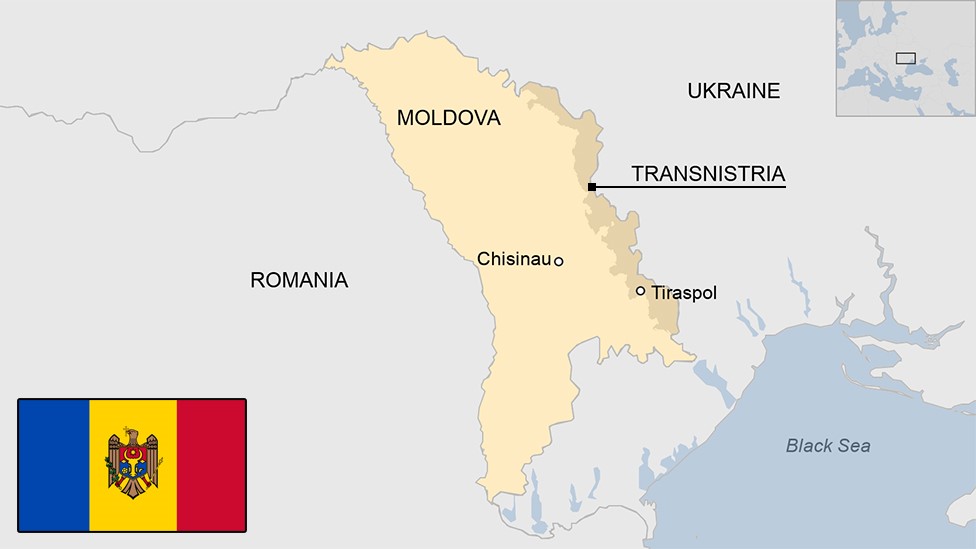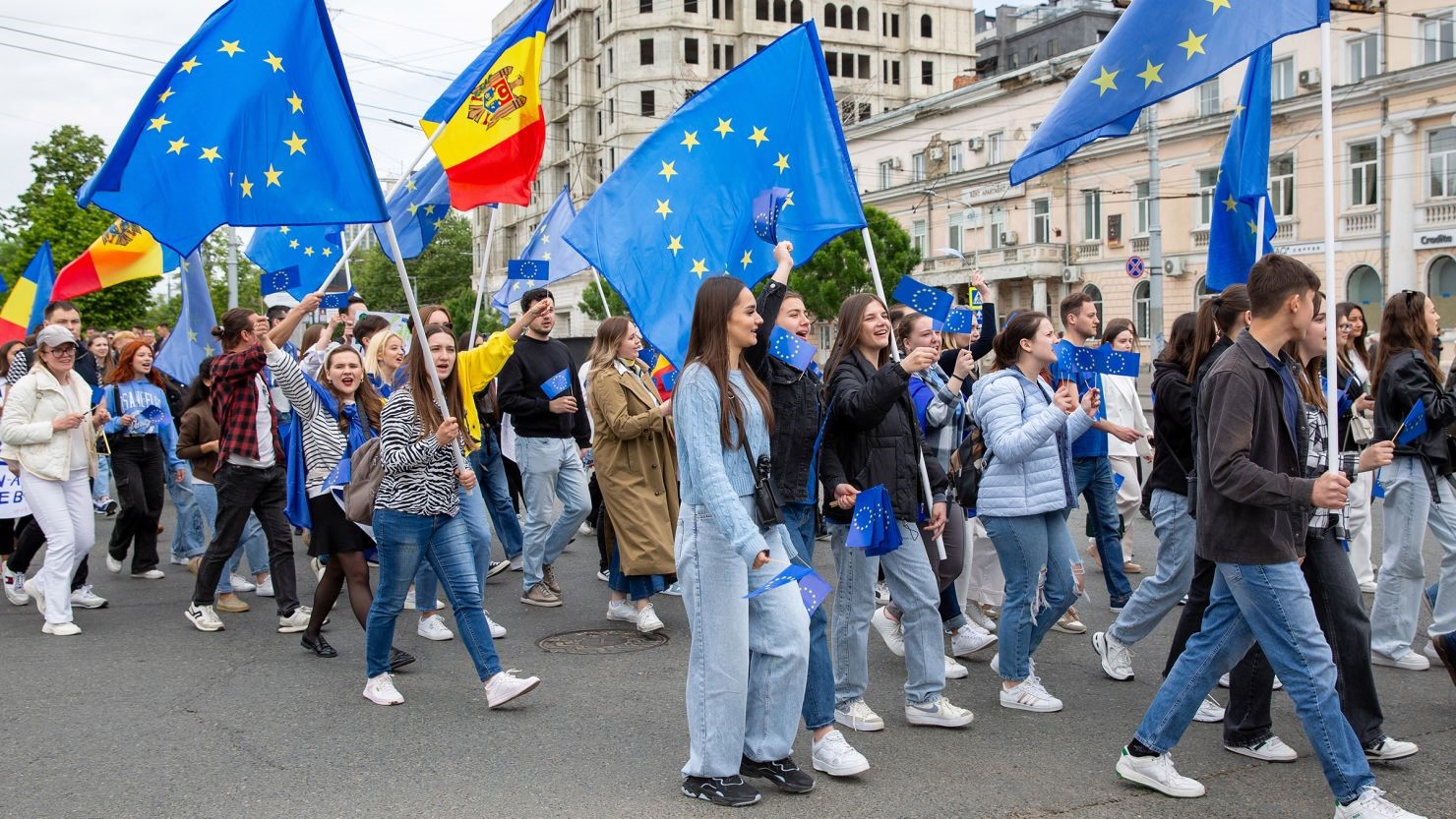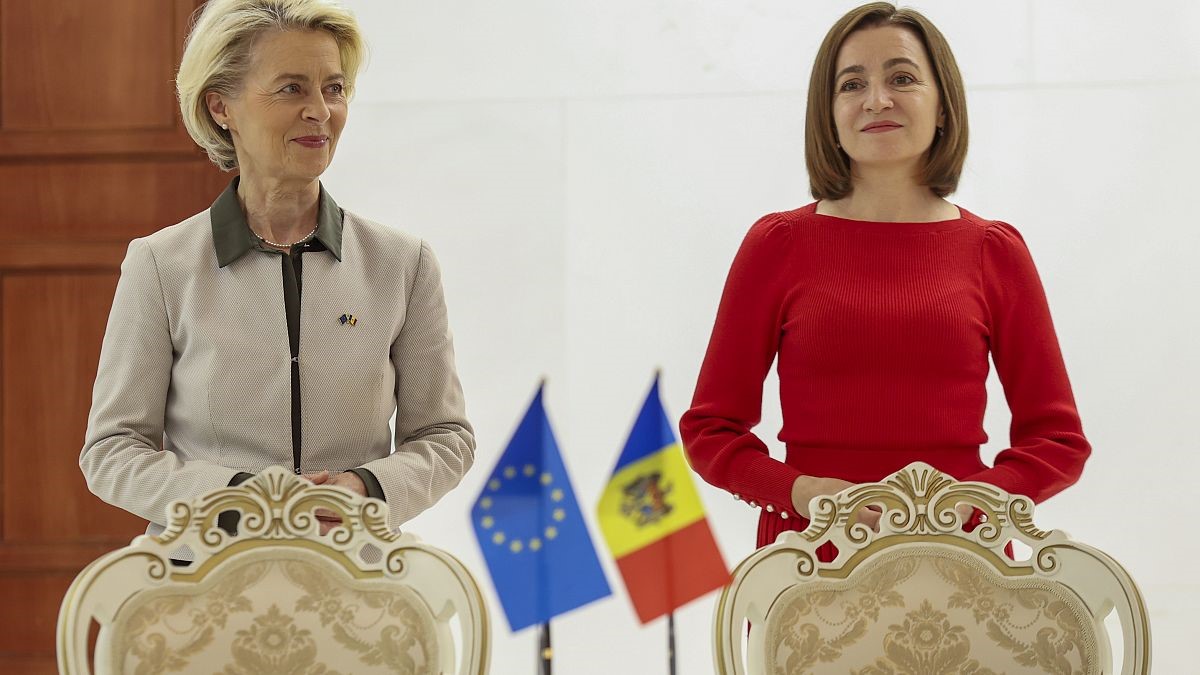By Vera Rodriguez,
Moldovans are headed to the pools on Sunday the 20th. They had two significant electoral events: the first round of their presidential election and a referendum. The latter aimed to introduce EU accession as an irreversible goal in Moldova’s constitution and open the door to EU membership after accession talks conclude. The results supported this change by a skinny margin (50.46% yes and 49.54% no). Joining the EU might seem a preference for some states. For instance, Norway conducted a referendum twice to ask its citizens about EU accession, and they responded with a robust no. However, for the Eastern European nation, joining the Union might be crucial for its existence. In a conversation with The Guardian, Moldova’s Presidential Adviser stated, “Moldova’s survival as a democracy is on the line, and the geopolitical stakes are higher than ever”. Why is EU accession so crucial for the country? Although that is the central question of this article, the answer can be summarized in one single word: Russia.

The presidential elections are also equally framed as a geopolitical contest between the EU and Russia, as Sandu, the current president, faces significant pro-Russian opposition. Therefore, many outlets have called Sunday’s event a “pivotal moment in the tug-of-war between Russia and the West”. Once part of the USSR, Moscow still has some degree of influence on the landlocked country. This interference has been present throughout the state’s history and looming over past Sunday’s elections and referendum. Millions of dollars have allegedly been funneled into the country to influence the outcome of the electoral events. These efforts included spreading misinformation, backing opposition figures that favor pro-Russian stances, and bribing voters. For instance, imagine gaining 100 euros to protest the referendum. Moscow is reported to have done this in Gagauzia, financing pensioners and public-sector employees who partook in protest activities. This is one of many hybrid tactics Russia would have employed to influence the outcome of the elections.
These elections are crucial in Moldova’s history, and Russia is aware of this, too. Maia Sandu, the country’s current Prime Minister, was elected in 2020. After her party won the absolute majority in 2021, the government proceeded with ambitious reforms for the country, namely tackling corruption, the judiciary, and economic growth. These changes were coupled with a solid will to join the EU. Joining the Union constitutes a significant geopolitical stance, potentially allowing Moldova to escape Russia’s grip and continue the democratic path.

The reader might now wonder why the Kremlin cares so much about such a little country. For Moscow, losing Moldova means losing influence in its post-soviet space. The country is a crucial buffer that limits the eastward expansion of Western institutions like NATO and the EU. Moldova’s location near Ukraine, now in conflict with Russia, further enhances this geopolitical importance. Moldova is not the only country caught between Russia and the West. The same tale resonates in much of the Eastern European neighborhood. Russia employs similar strategies across the post-Soviet space, from disinformation to energy manipulation to a dance of influence repeated in the twilight zones of Ukraine, Georgia, and beyond. Thus, if Moldova and Ukraine join, others may follow, meaning significantly less geopolitical leverage for Russia.
Despite Moscow’s strong interest in retaining Moldova, the landlocked country’s push for membership comes at the right time for the European Union. Before 2022, accession to the European Union had not been adequately discussed for almost ten years. Russia’s unprecedented full-scale invasion attempt of Ukraine completely changed this approach. When Ukraine, Georgia, and Moldova applied for EU membership just a few days after Russia launched its attack, their applications were processed at record speed. The war undoubtedly re-opened the accession agenda, in which Moldova and Ukraine seem to be the first in line to join next. However, they may not be the last ones, as Brussels has reiterated its wishes to include the Balkan countries and granted candidate status to Georgia.
Although Brussels now favors accession, is this enough? In theory, it is now time for the countries to commit to the path of political, economic, and law reform in line with the EU. Yet, given Russia’s interference and material influence over the candidates, this premise might be more uncomplicated in theory than in practice, as seen with Moldova. The referendum and the first presidential round results show a step towards EU accession. However, much is at stake, and a second round of presidential elections will occur on November 3rd. Unexpected results could overthrow Sandu from power and slow down the EU path. Considering Moscow’s looming presence in the country, only time will tell. However, the referendum results are a historical achievement and, hopefully, the start of a new chapter in European Union history.
References
- Tugged Between East and West, Moldova Makes a Pivotal Choice. The New York Times. Available here
- Moldova’s Presidential Elections and EU Referendum: A Critical Moment. DGAP. Available here
- Moldova votes yes to joining EU by tiny margin. POLITICO. Available here
- EU enlargement and the Western Balkans: Current challenges and prospects. University of Tirana
Institute of European Studies. Available here - Moldova says ‘Yes’ to pro-EU constitutional changes by tiny margin. BBC. Available here
- EU enlargement in wartime Europe: three dimensions and scenarios. Taylor and Francis. Available here
- Going back and forth: European Union resilience-building in Moldova between 2014 and 2020. Taylor and Francis. Available here




